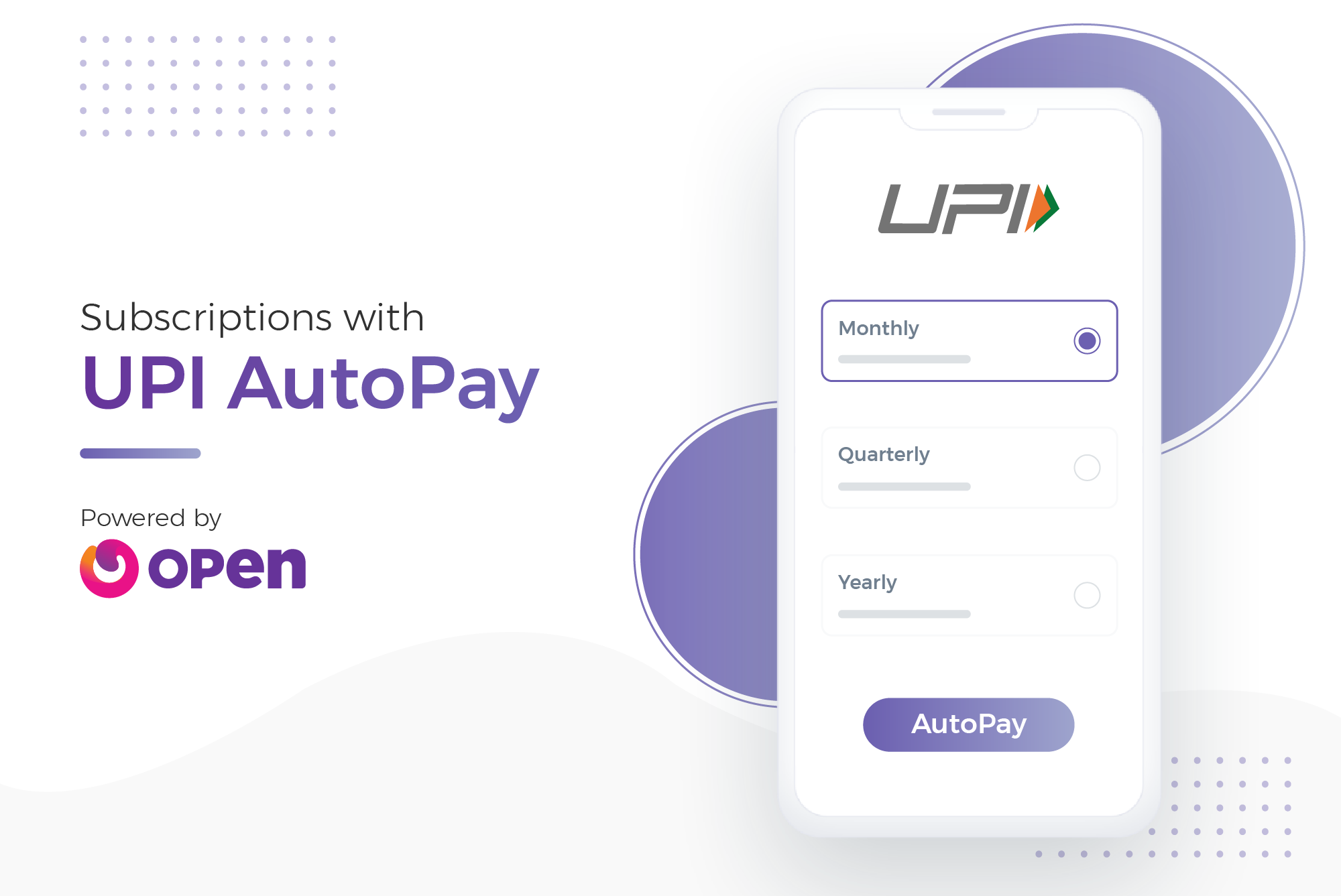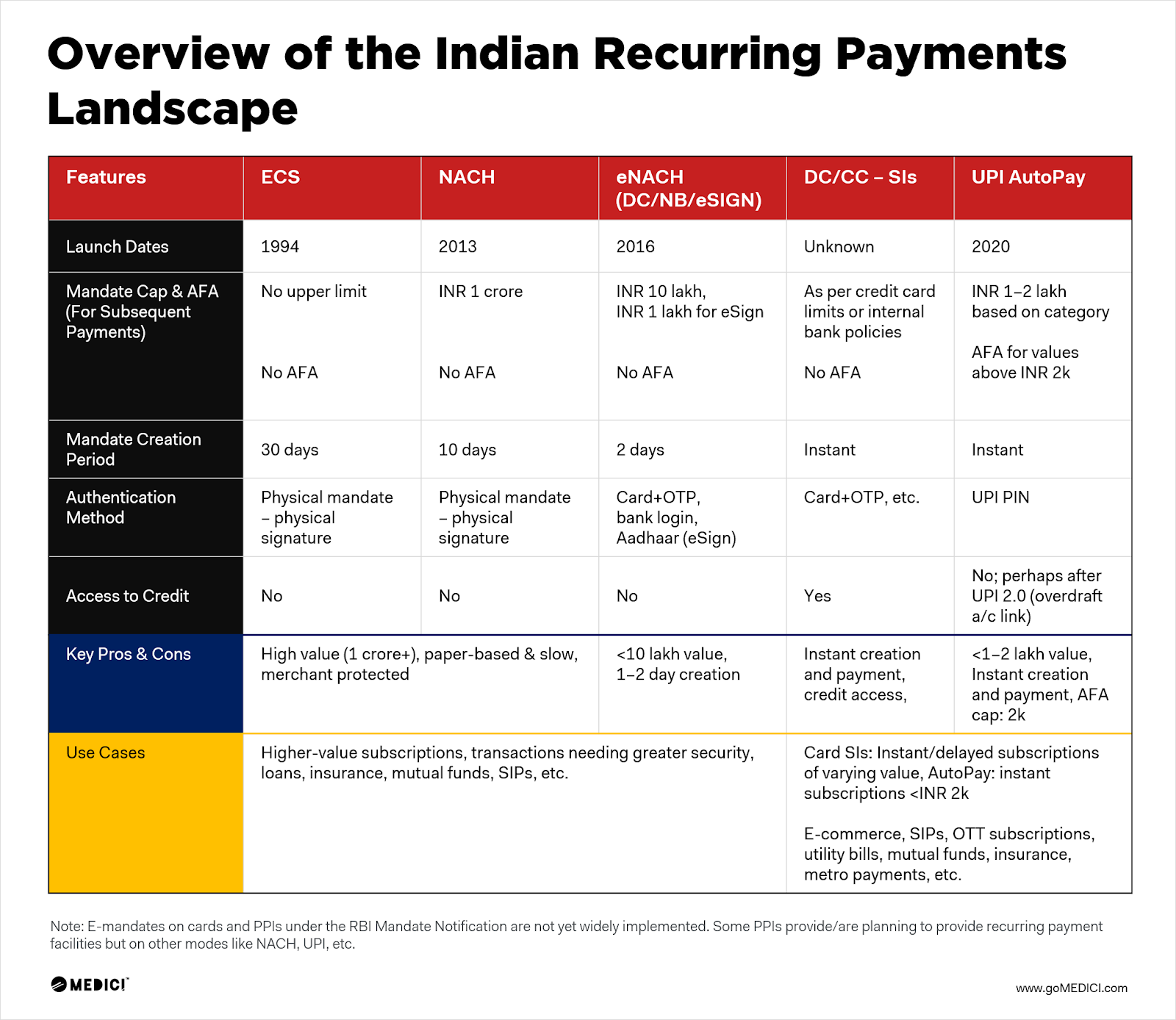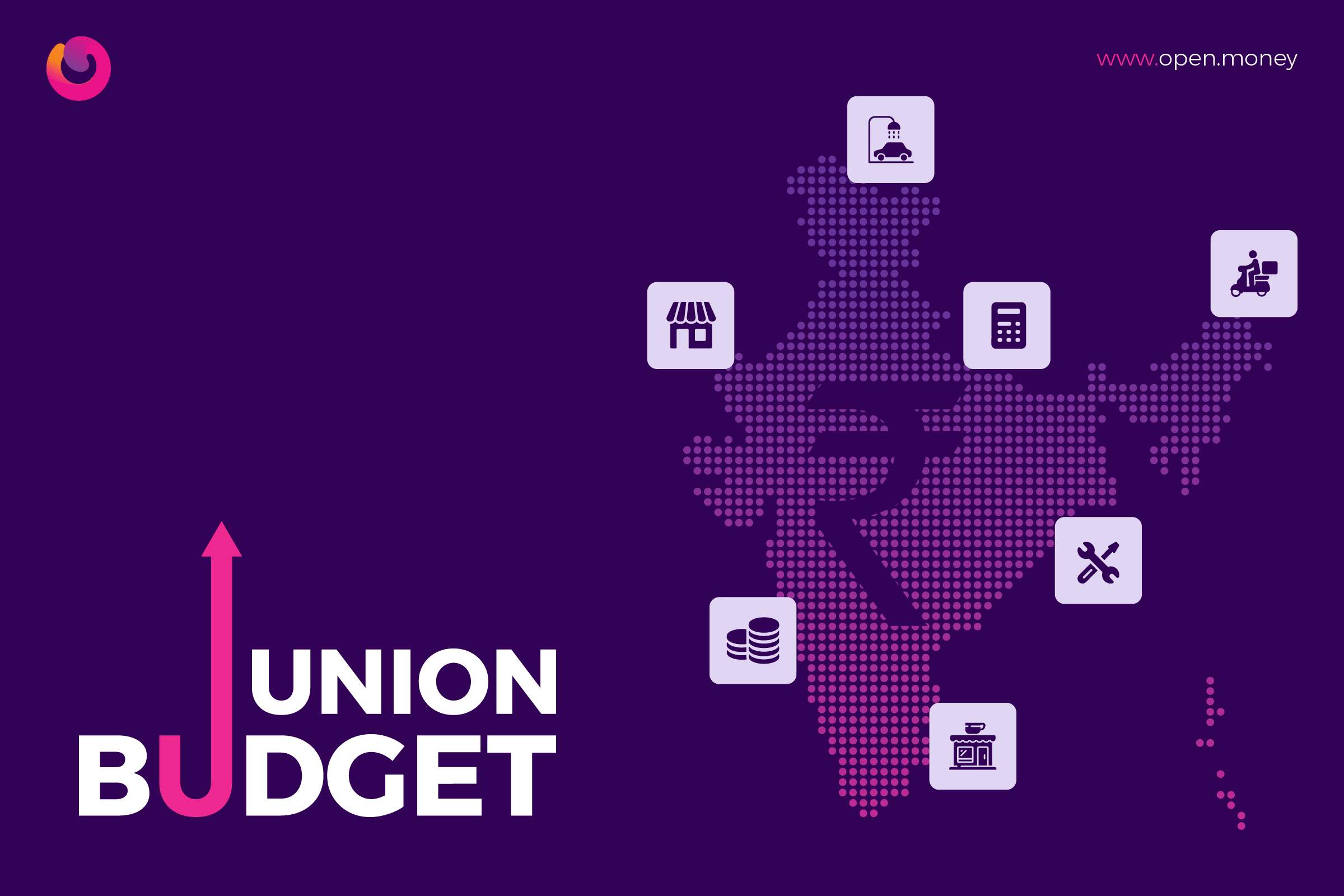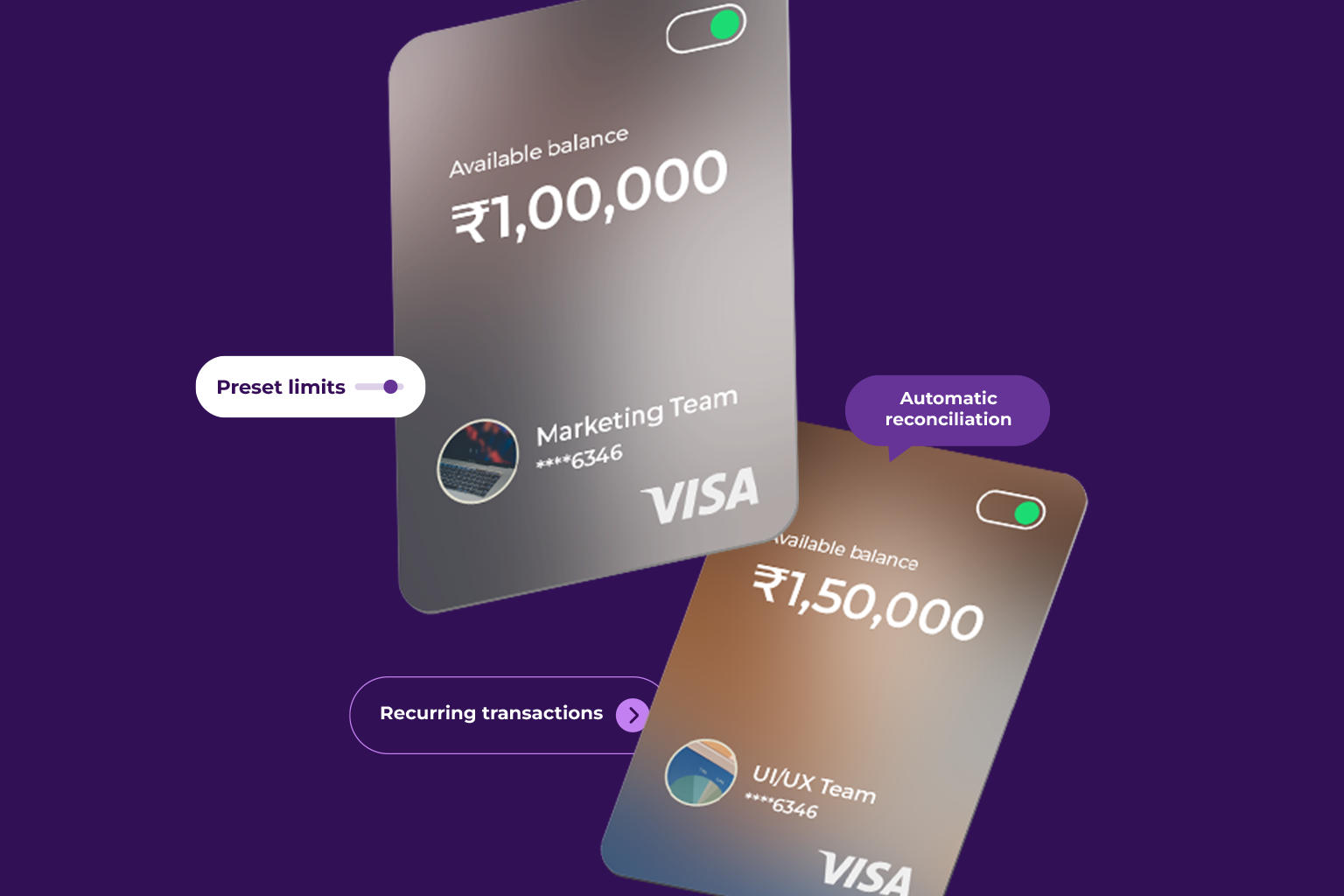What is UPI AutoPay?
UPI AutoPay is a feature that allows customers to do recurring payments using any UPI application. Customers can now enable e-mandate for recurring payments, such as mobile bills, electricity bills, EMI payments, entertainment/OTT subscriptions, insurance, mutual funds, among others. UPI AutoPay helps businesses as they can generate mandate instantly and send it to customers for authorization. Once the customer approves it, a fixed amount gets deducted automatically on the authorized date.
UPI AutoPay helps businesses as they can generate mandate instantly and send it to customers for authorization. Once the customer approves it, a fixed amount gets deducted automatically on the authorized date.






